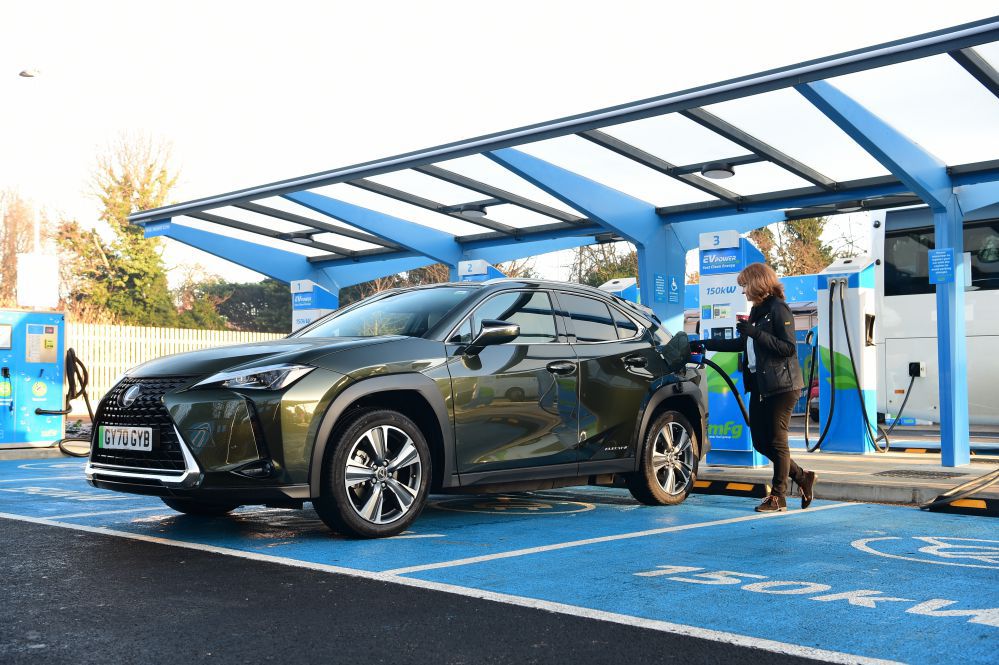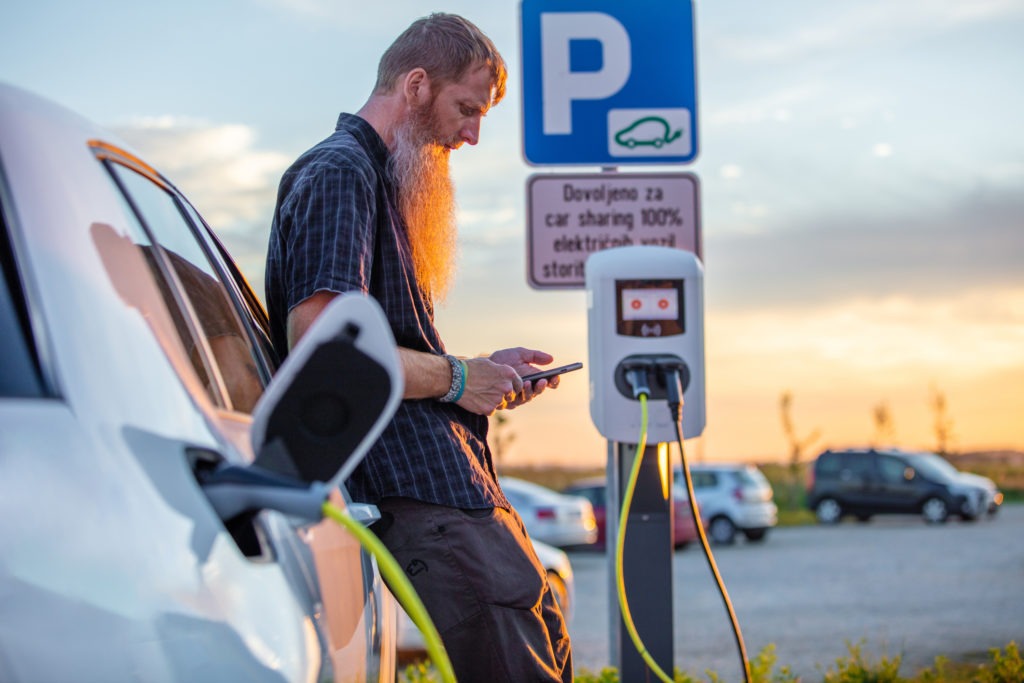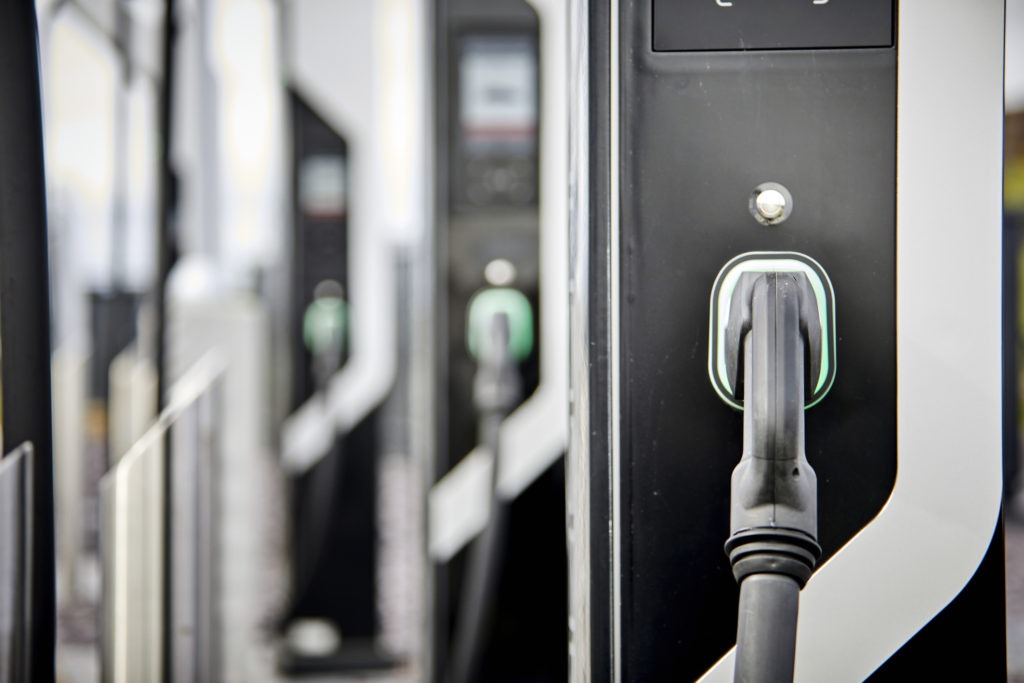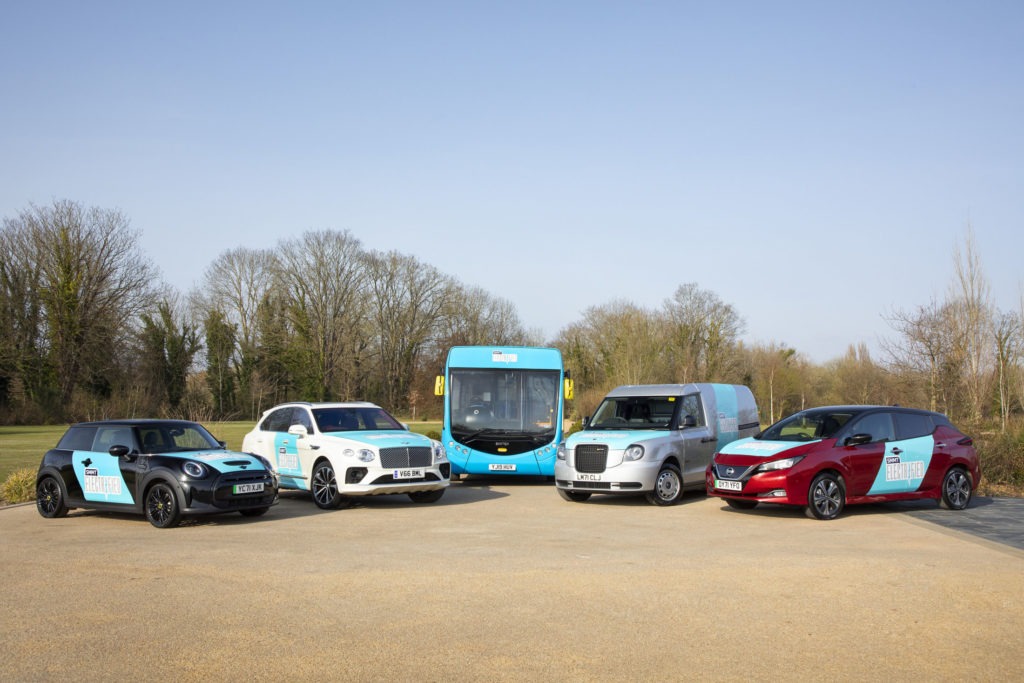UK interest in electric cars stays high despite charging-infrastructure grant removal
01 April 2022

As fossil-fuel prices rise, so too does interest in electric cars. More models, increasing range, and freedom from the forecourt spurs consumers to consider an electrified option. Normally when pump prices fall so too does the spike in electric interest. However, one online used-car supermarket in the UK is reporting a sustained trend in electric-vehicle (EV) searches.
This is despite additional setbacks stemming from cuts to electric grants. This includes the Electric Vehicle Homecharge Scheme (EVHS) that was shelved for many at the end of March, and the Plug-in Car Grant (PiCG), which saw two reductions last year. However, not all is lost as some companies look to plug the gap by offering their own incentives.
Despite these efforts, electromobility faces another major barrier: increasing power prices. While the cost of fuel recently hit enormous peaks, electricity bills are also surging. In the UK, 22 million customers will see bigger bills as the energy price cap raises by 54%, energy regulator Ofgem revealed. But this does not necessarily mean running an electric vehicle will be any less financially savvy.
Record electric-vehicle searches
Online used-car platform BuyaCar.co.uk reports sky-high levels of electric-car interest, which peaked roughly a month ago and has yet to come down. This contradicts convention where news headlines normally provoke a short-term spike in searches, which settle once the news cycle moves on. But the most recent surge has not waned, even following the announcement of a five-pence cut in fuel duty.
As the war in Ukraine saw pump prices peak, electric-vehicle searches on BuyaCar.co.uk doubled at the beginning of March. By the end of the month, interest had tripled compared with the same point in 2021. The proportion of searches for used electric cars consistently broke records in March. There are also signs that consumers are choosing smaller and more economic vehicles, with the Vauxhall Corsa and Ford Fiesta jumping into the five most popular sellers on the website.
Charging-infrastructure investment
The Office for Zero-Emission Vehicles (OZEV) charging-infrastructure grant closed to homeowners at the end of March. It does remain open to people in flats and rental accommodation, but they will arguably have bigger issues securing a space for installation.
The EVHS provided a 75% contribution towards charge-point purchase and installation costs up to £350 (€415). Now with these funds off the table, homeowners face a larger entrance fee into the world of electromobility. However, it appears that automotive companies are now stepping into this breach, JustPark among them.
The driveway-sharing platform is now offering its own £350 installation incentive until the end of April. Homeowners with off-street parking can apply for one of 500 grants. However, they will be expected to join the JustCharge community for a minimum of 12 months. The platform projects that, on average, applicants could make £700 in that time by renting out their charger to those without off-street parking.
‘The OZEV grant was a helping hand for many looking to make the switch to electric, supporting drivers with some of the upfront costs. Through our new JustPark EV Rewards programme, we want to step in to support our community by providing incentives and rewards,’ said Mike Strahlman, director of EV at JustPark.
Restrictive energy-price rise?
But these types of offers might be more difficult to promote if consumers are put off an electric car because of increasing energy prices. Some might be worried that as power bills grow larger, an EV will be less financially viable. However, Volkswagen (VW) Group Financial Services suggested this might not be the case.
The average UK electricity price currently sits at around 17.2p per kWh. Assuming an electric car will travel 3.5 miles (5.6km) per kWh on average, 100 miles of driving would cost roughly £5 (or 4.91p per mile). Looking at the comparative petrol and diesel costs, the same journey would cost approximately £15 in a petrol car or £13 in one powered by diesel. Research by EDF Energy found EV owners could save over £51,000 on fuel over their lifetime, compared to charging costs.
Fully-electric cars worth under £40,000 are also exempt from vehicle excise duty. This means a saving of up to £2,245 for new cars in their first year on the road, and up to £490 a year after that. Other advantages such as tax benefits and lower Congestion Charge Zone fees are also beneficial.



